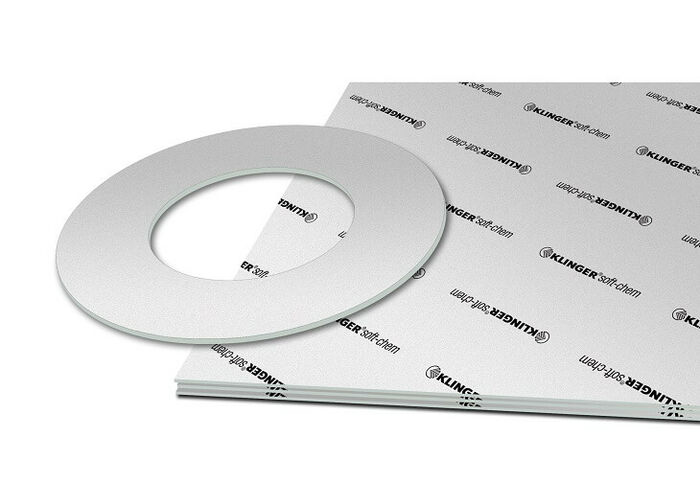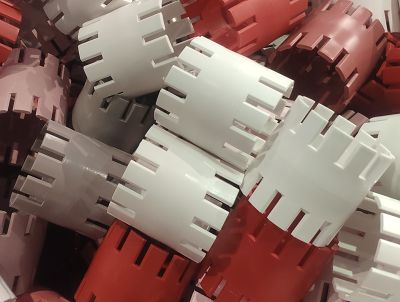Material Hub > Materialien
Materialien
-
Kategorie ThermoplasteEinsatztemperatur –Dichte 0.9 g/cm³
-
Kategorie ThermoplasteEinsatztemperatur -250 – 80 °CDichte 0.94 g/cm³
-
Kategorie ElastomereEinsatztemperatur -55 – 150 °CDichte 1.09 – 1.15 g/cm³
-
Kategorie ElastomereEinsatztemperatur -15 – 200 °CDichte 1.84 g/cm³
-
Kategorie ElastomereEinsatztemperatur -57 – 150 °CDichte 1.18 g/cm³
-
Kategorie ElastomereEinsatztemperatur -25 – 200 °CDichte 1.9 g/cm³
-
Kategorie ElastomereEinsatztemperatur -15 – 200 °CDichte 1.96 – 2 g/cm³
-
Kategorie ElastomereEinsatztemperatur -40 – 140 °CDichte 1.024 g/cm³
-
Kategorie ElastomereEinsatztemperatur -20 – 200 °CDichte 1.89 – 1.95 g/cm³
-
Kategorie ElastomereEinsatztemperatur -60 – 200 °CDichte 1.15 – 1.19 g/cm³
-
Kategorie ElastomereEinsatztemperatur -55 – 200 °CDichte 1.35 g/cm³
-
Kategorie ElastomereEinsatztemperatur -50 – 200 °CDichte 1.4 g/cm³
-
Kategorie KunststoffbeschichtungEinsatztemperatur -40 – 250 °CDichte –
-
Kategorie KunststoffbeschichtungEinsatztemperatur -40 – 250 °CDichte –
-
Kategorie KunststoffbeschichtungEinsatztemperatur -40 – 250 °CDichte –
-
Kategorie ThermoplasteEinsatztemperatur 0 – 100 °CDichte 0.9 – 0.92 g/cm³
-
Kategorie ElastomereEinsatztemperatur -50 – 150 °CDichte 1.22 g/cm³
-
Kategorie ElastomereEinsatztemperatur -20 – 200 °CDichte 2.3 g/cm³
-
Kategorie ThermoplasteEinsatztemperatur -40 – 100 °CDichte 1.15 g/cm³
-
Kategorie ThermoplasteEinsatztemperatur < 260 °CDichte 1.32 g/cm³





